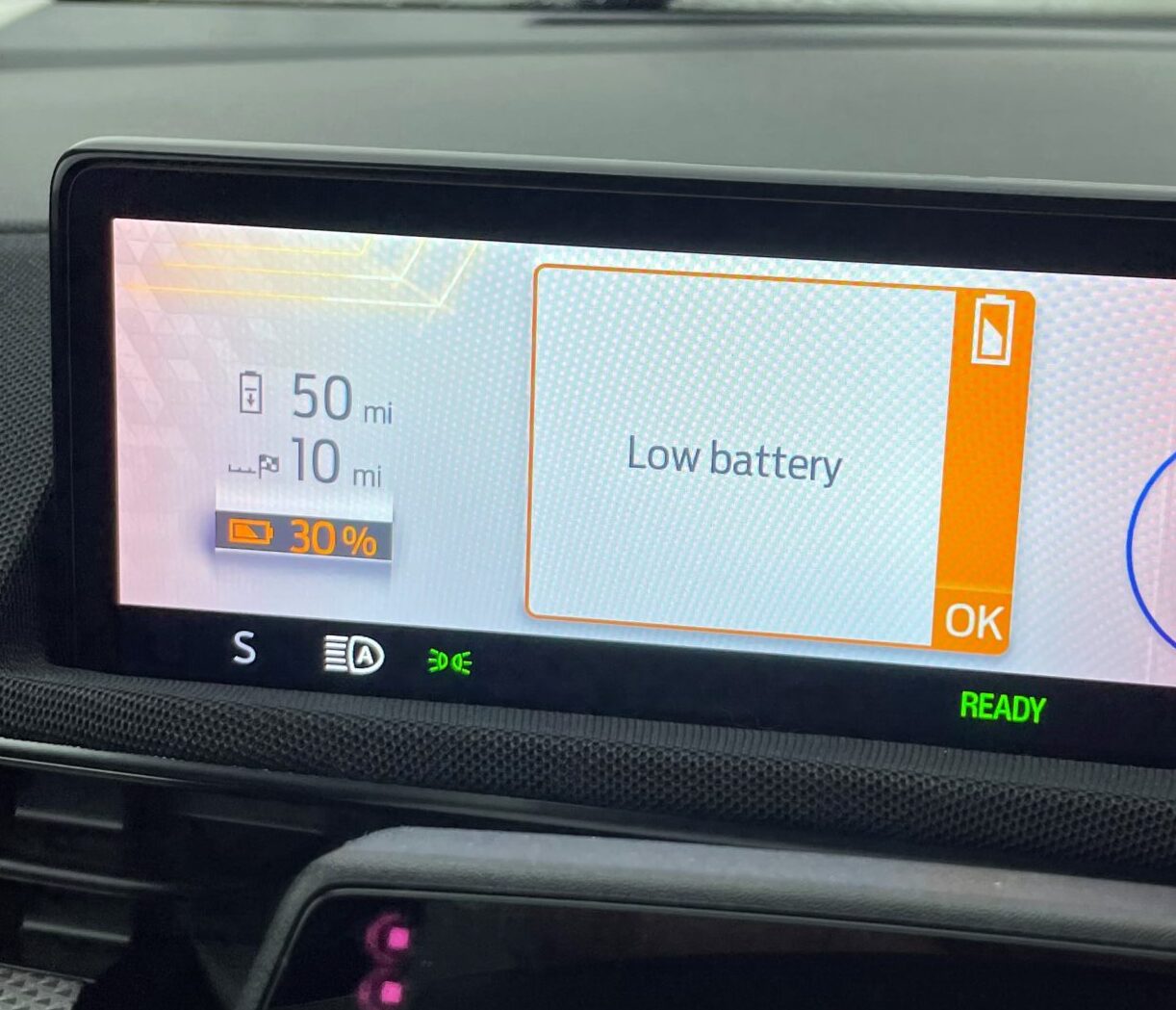Purdue, INDOT ask for public’s opinions on electric vehicles
INDIANAPOLIS (WISH) — The Indiana Department of Transportation and researchers at Purdue University want people to weigh in on electric vehicles and the future of fueling them.
A new survey aims to gauge public perceptions as the state sets a long-term strategy for placement of public EV chargers and the cost to use them.

It’s a frequent stop for some EV users driving from Indianapolis to Suburban Chicago
The state has earmarked roughly $100 million from the federal government’s 2021 Infrastructure Law for the installation of level three direct-current chargers. Those are the type of high speed stations that can bring most of the commonly sold electric vehicles back to a nearly full charge in less than 30 minutes.
Level one and level two chargers take hours instead.
Currently, Indiana has several stretches of heavily traveled roads that are underserved by EV charging. For example, between Indianapolis and Chicago, there is only one set of Level 3 chargers directly off Interstate 65.
They are at a Walmart in Lafayette, and the demand for them often leads to lines and long waiting times.

Only Level 3 charger near I-65 for 130 mile stretch
The state has said it will decide on future locations based on a number of factors, including adoption rates and growth models, which the new survey may help determine. INDOT says it will also weigh the ability of the power grid to handle new stations. It also must, by rule, make sure the new stations serve both rural and urban demands.
EV sales have soared over the last several years. The International Energy Agency reports that the U.S. saw a 55% increase in EV sales in 2022 and predicts strong growth in the years ahead. Recent sales figures have leveled off, though, underscoring the uncertainty surrounding the future of EVs.

Many EV drivers cite “range anxiety” as a negative to EV ownership
That’s where the new study comes in.
The topics include miles traveled in a typical week to various locations, when and under what circumstances one would consider buying an EV, and which of three types of charging one would choose when traveling longer distances. It also hints at an alternative charging method that is not yet reality: a highway with “Power Transfer Technology” that acts as a charger as motorists drive over it. Purdue and several other partners are working to build a test track for the technology.
People can take the survey online.
